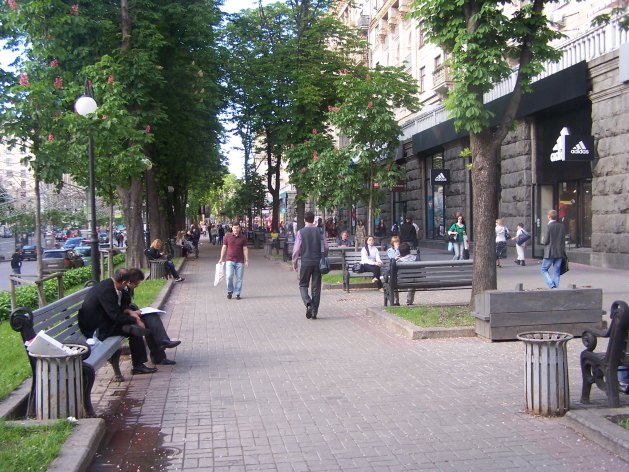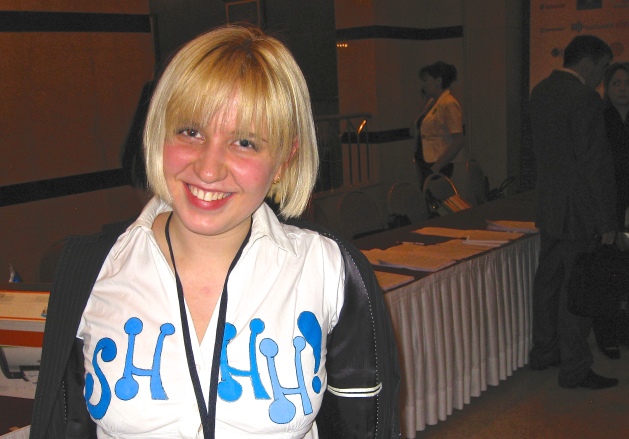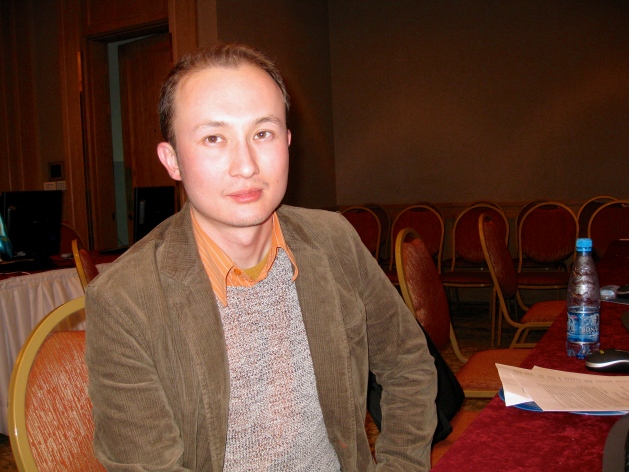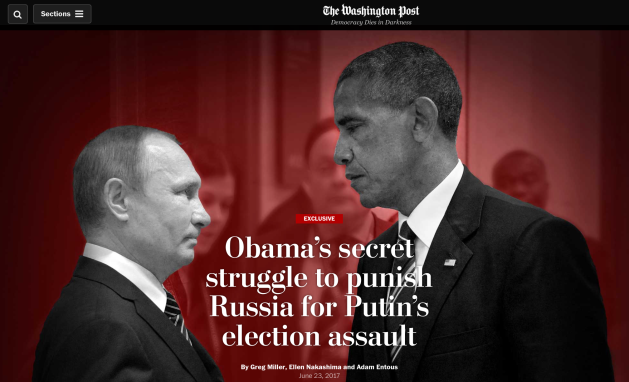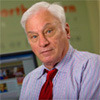 By Bill Kirtz
By Bill Kirtz
If you feel under par, work your fingers to the bone, and know it’s time for a change, click on the Cliché Site to trade tired phrases for compelling images.
That was one of myriad tips from top nonfiction writers last weekend at Boston University’s annual narrative journalism conference.
Organized by BU journalism department writer-in-residence Mark Kramer, the conference drew some 400 writers and editors from around the world. They discussed everything from viral content to social justice reporting to humanizing even the worst criminals.
Kramer preached his well-known gospel of “austerity of language: elegant, taut” prose that convinces readers they’re in the hands of an engaging storyteller. “Go on a to be hunt,” he said. “Get rid of whens and as’s. Lose clichés and metaphors.”
Keynote speaker Jill Abramson, a former New York Times executive editor now teaching at Harvard, repeated the good writing mantra: “Show, don’t tell. Collect anecdotes and revealing detail.” She called Gay Talese’s 1966 classic “Frank Sinatra Has a Cold” the epitome of the narrative genre.
Abramson had good news and bad news as journalism faces a “rapid riptide of change.” The good: long, ambitious reporting is in high demand. She singled out BuzzFeed’s “wonderful” criminal justice series and former Times colleague Jeff Gerth’s exposé of Hillary Clinton’s private emails as exemplars of excellent coverage delivered over new platforms. Gerth, a two-time Times Pulitzer winner now with ProPublica, co-wrote the March 27 article with Gawker reporter Sam Biddle.
The bad news, according to Abramson: worldwide legal threats to freedom of the press. She noted that a study of corruption in Russia under President Vladimir Putin hasn’t been published in Britain because of fears of legal action.
Abramson sees storytelling platforms consistently shifting, with platforms such as Snapchat and Instagram giving nonfiction writers new tools and outlets.
One of those is BuzzFeed, where Mark Schoofs, a Pulitzer winner at The Village Voice, now leads an investigative unit as the site augments viral content with some 130 domestic and foreign news staffers,
Schoofs said social justice reporting hasn’t changed much since Upton Sinclair, Ida Tarbell and others started muckraking powerful institutions more than 100 years ago. As ever, he said, it is based on “the desire to change, to expose a wrong, to have your journalism matter.”
He said these stories may start with “outrage,” but you have to skewer sacred cows if their assertions are incorrect. “You’re not in the tank for any one ideology or group. Test your assumptions versus whatever you see on the ground.”
He loves immersive participatory journalism and stories that have wrongdoing at their heart, calling David Barstow’s Pulitzer Prize-winning Times series on Wal-Mart bribery one of the best in recent years.
Exposing wrongdoing? Fine. But why humanize evil-doers?
Beth Schwartzapfel examines the inner lives of rapists and murderers because “just calling someone a scumbag is lazy, way too easy. He’s a person” and understanding him can be a valuable way to examine what made him do it.
Schwartzapfel is a staff writer with the Marshall Project, a new nonprofit, nonpartisan news organization that covers the criminal justice, system; she is also a frequent freelancer. She tries to get beyond obvious good guy/bad guy distinctions, asking what if Truman Capote’s groundbreaking “In Cold Blood” had ignored the killers and concentrated only on their victims.
Profiling a man who’s served more than three decades for a murder he committed as a teenager, she doesn’t gloss over what he did. She includes graphic descriptions of the crimes and always details the victim’s family’s grievous loss.
“Don’t give [inmates] a soapbox,” she said. “Being sympathetic is not being their advocate. Let readers come to their own conclusions” about whether they deserve parole. “Show how they’re human, not how they’ve been wronged. That’s up to the reader to decide. I tell them ‘I see it as my task to make you human.’”
As an example of a profile that goes far beyond the image of a stock villain, she praised Albert Samaha’s Village Voice profile of a New York City detective who framed innocent men to boost his conviction rate.
Some dismiss memoir as an unreliable narrator’s narcissistic ramble through the past. But in “Big Little Man,” Alex Tizon created a highly praised blend of history, memoir and social analysis.
“Many people dismiss memoir as easy, and a lot of the time memoir is just a cheaper form of storytelling — but it doesn’t have to be,” said Tizon, who won a Pulitzer for investigative reporting while at The Seattle Times. “Report the hell out of your own story,” he advised, having interviewed about 40 people for his book’s exploration of Asian-American masculinity.
To write a memoir, he said, “you have to risk being a fool unless you’re writing public relations. Include the painful parts. I put my siblings at a certain risk — what to leave out? I had to ask, ‘Could I live with this if a sister never spoke to me again?’ The truth is impossible, but my aim is to be as truthful as possible.”
Bill Kirtz is an associate professor of journalism at Northeastern University.

